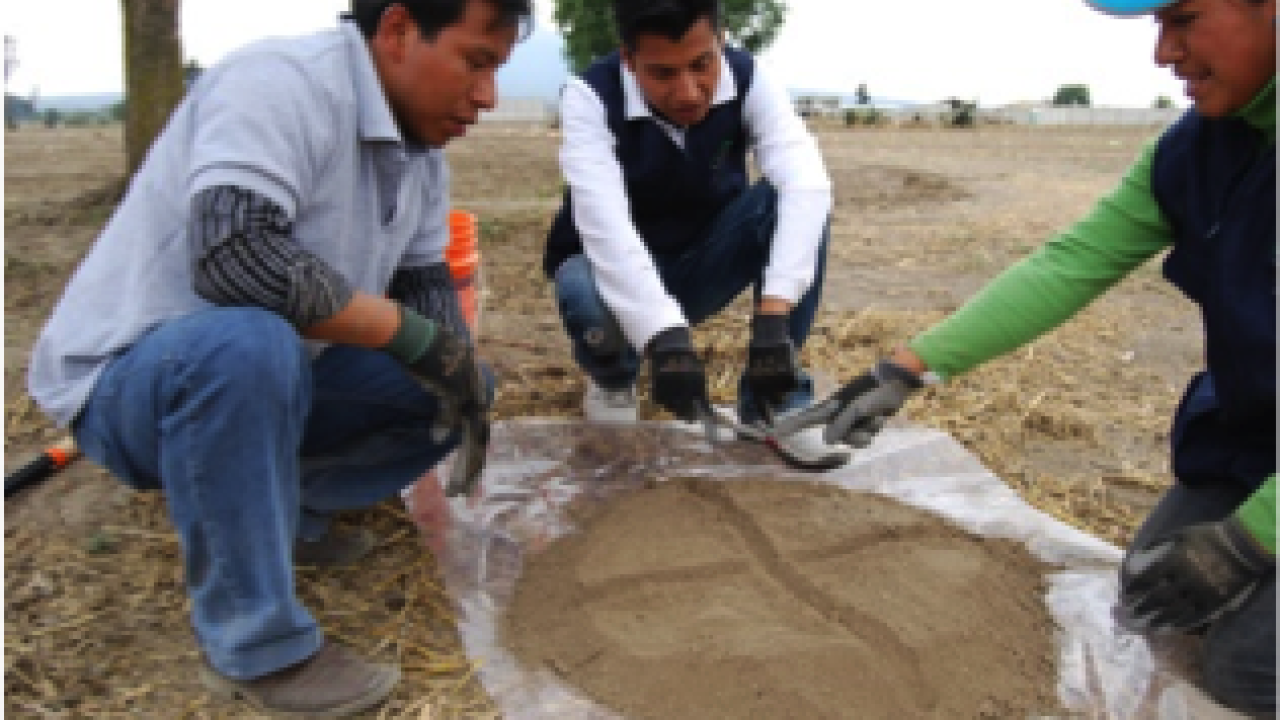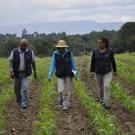
According to the 2008 World Development Report, GDP growth from agriculture is about four times more effective in reducing poverty than GDP growth from outside agriculture. For this reason, policies that foster agricultural productivity can have a substantial impact on food security as well as on poverty reduction. However, agricultural productivity remains low among small farmers in developing countries.
The Green Revolution introduced high-yield crop varieties, chemical fertilizer and other modern cultivation practices, yet the impact of these new technologies on farming practices and output has been uneven. Increasing our understanding of the drivers of yields remains a first order question for policy-makers, as different drivers suggest different interventions to improve agricultural yields.
Project Summary
Researchers funded by the Feed the Future Innovation Lab for Assets and Market Access will conduct a randomized control trial (RCT) in Mexico to measure the impact of providing small-scale maize farmers with in-kind grants to acquire personalized inputs and precision drills that allow them to fertilize at sowing. The researchers will evaluate the effects of these in-kind grants on productivity and household welfare. By separately measuring the impact of each intervention, the research team will pay special attention to bottlenecks in the causal chain limiting adoption of these technologies.
This work is part of the MITA Project, which seeks to understand the limited adoption of these technologies. Results from the first year of the experiments suggest considerable variation in plot characteristics that translate into large variations in the optimal input mix required to maximize yields. In this next wave of the project the researchers will further explore the causal chain by providing small maize farmers in-kind grants.
Anticipated Impacts
In the long run, this research will impact the lives of beneficiaries through the direct effect on income from increased yields and the relaxation of credit constraints. The lessons will be used to (re)design the Mexican government’s technology outreach programs in agriculture and to expand to other countries.
The researchers will also launch a pilot program in 2016 that extends the Mexico experience to Kenya by aggregating demand for tractor services across small farmers. This research will determine whether there is indeed a missing market and whether providing this market improves outcomes.

